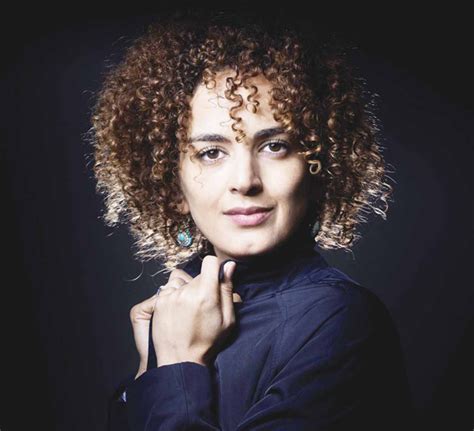A Quote by James Buchan
Almost all novels are improved by cutting from the top. On their first pages, authors parade those favourite effects which disgust the impartial reader.
Related Quotes
Authors, she soon decided, were probably best met within the pages of their novels, and were as much creatures of the reader's imagination as the characters in their books. Nor did they seem to think one had done them a kindness by reading their writings. Rather they had done one the kindness by writing them.
The 'old' Internet is shrinking and being replaced by walled gardens over which Google's crawlers can't climb. Sure, Google can crawl Facebook's 'public pages,' but those represent a tiny fraction of the 'pages' on Faceboo, and are not informed by the crucial signals of identity and relationship which give those pages meaning.
Of course, there are hundreds of novels and authors that have influenced me. But to choose three, they are: Stephen King/The Stand (and really most of his books); Anne Rice/The Witching Hour; and Pat Conroy/The Prince of Tides. These authors write my favorite kind of book - epic feel, gorgeous prose, unique characters, and a pace that keeps you turning the pages. From them, I learned a lot about characterization, pacing, prose, voice, and originality.
Christmas turns things tail-end foremost. The day and the spirit of Christmas rearrange the world parade. As the world arranges it, usually there come first in importance -- leading the parade with a big blare of a band -- the Big Shots. Frequently they are also the Stuffed Shirts. That's the first of the parade. Then at the tail end, as of little importance, trudge the weary, the poor, the lame, the halt, and the blind. But in the Christmas spirit, the procession is turned around. Those at the tail end are put first in the arrangement of the Child of Christmas.






































